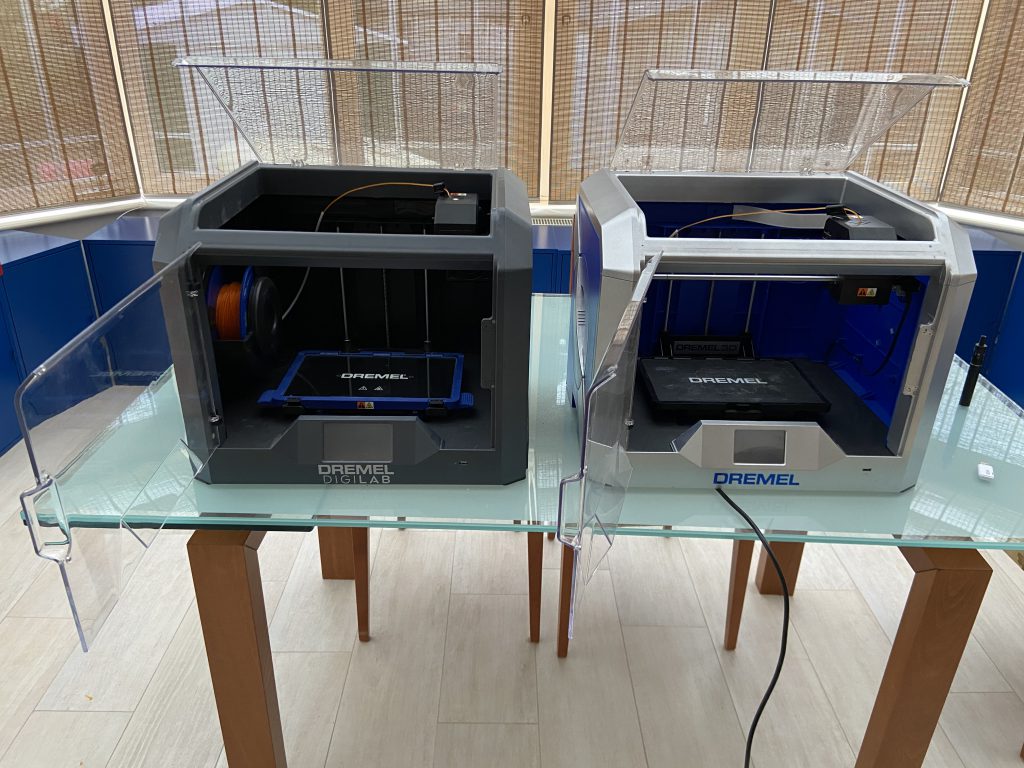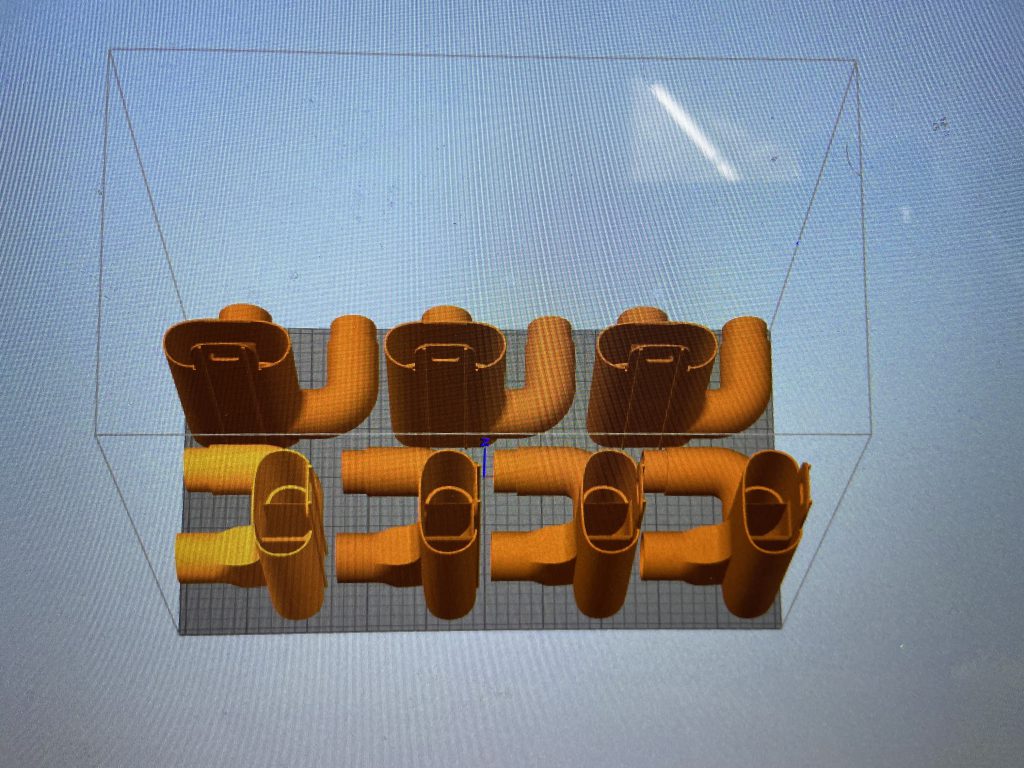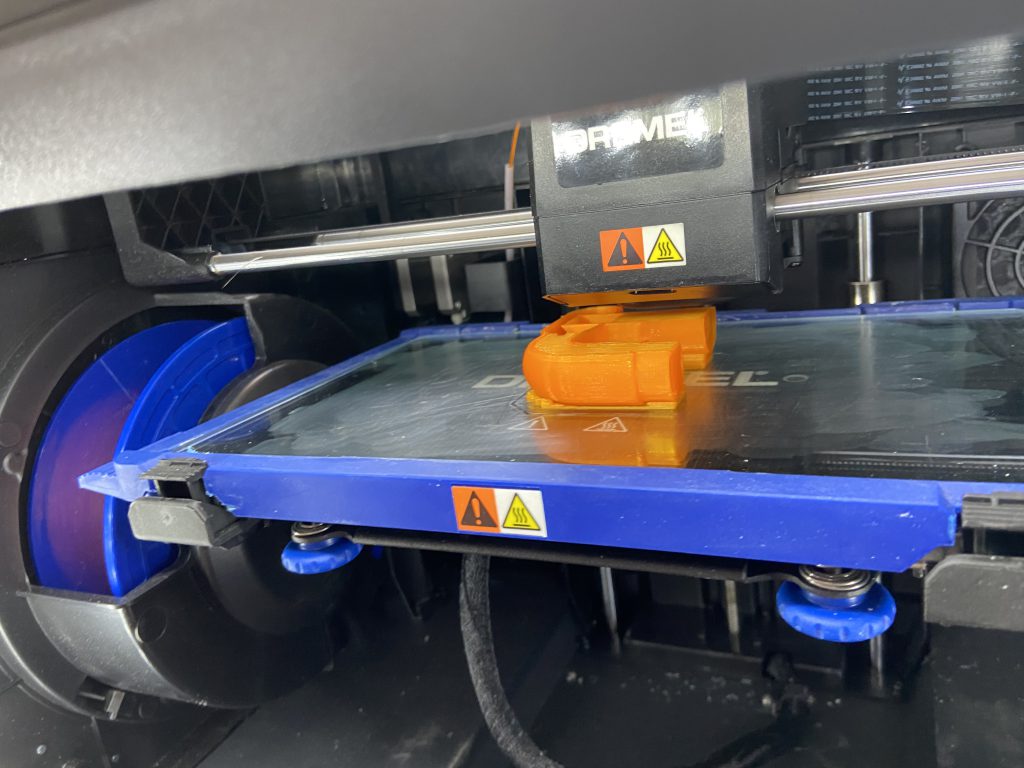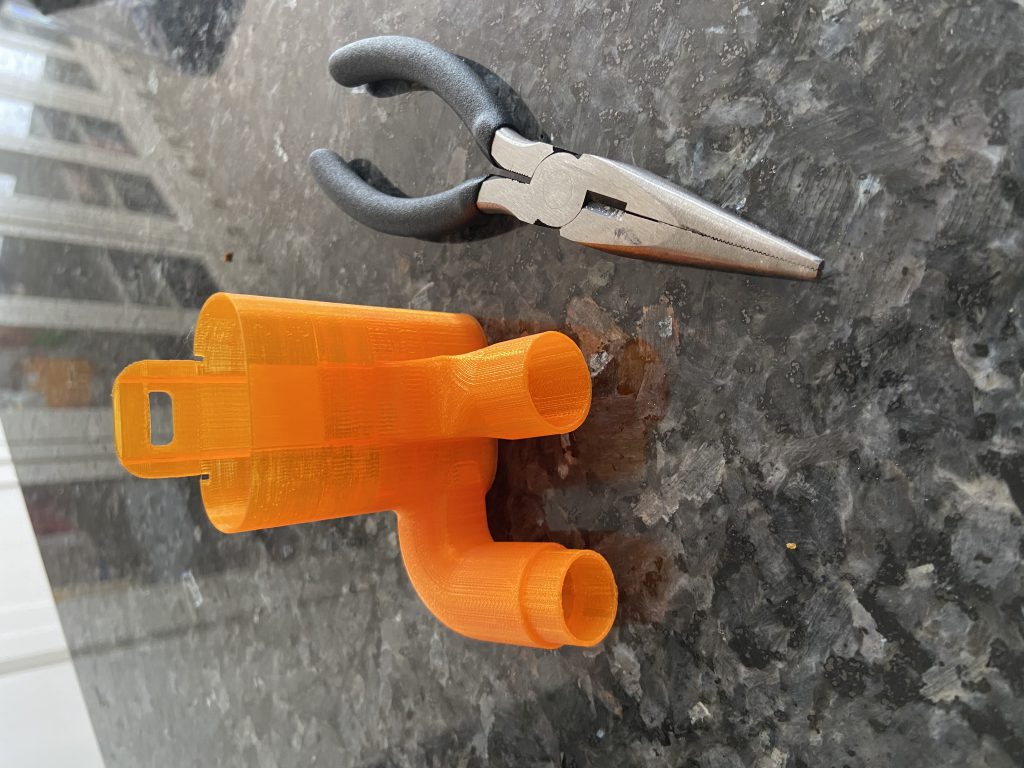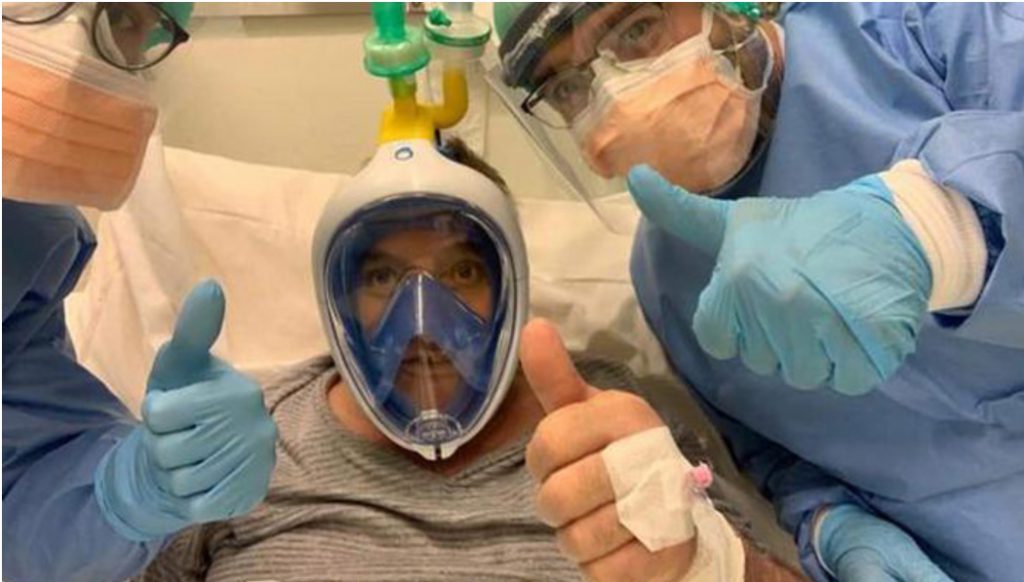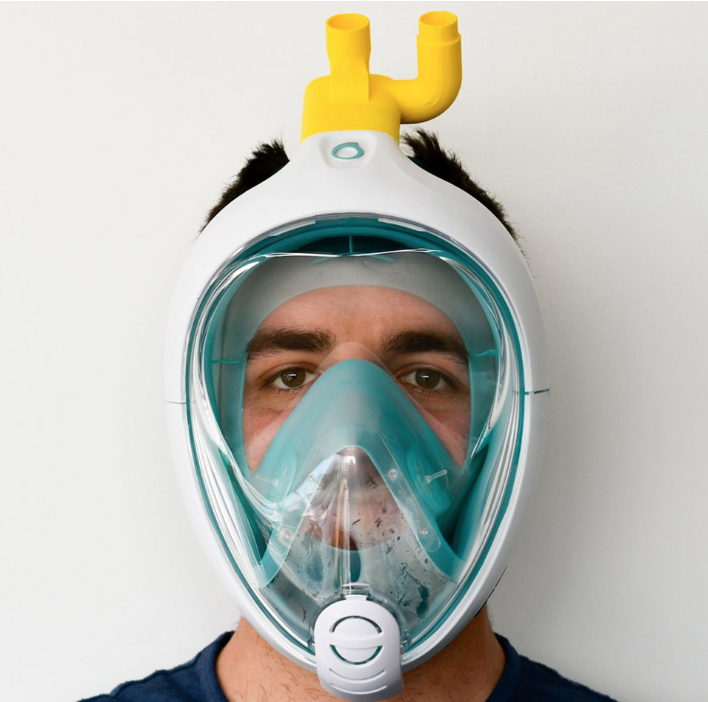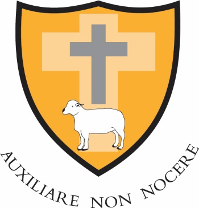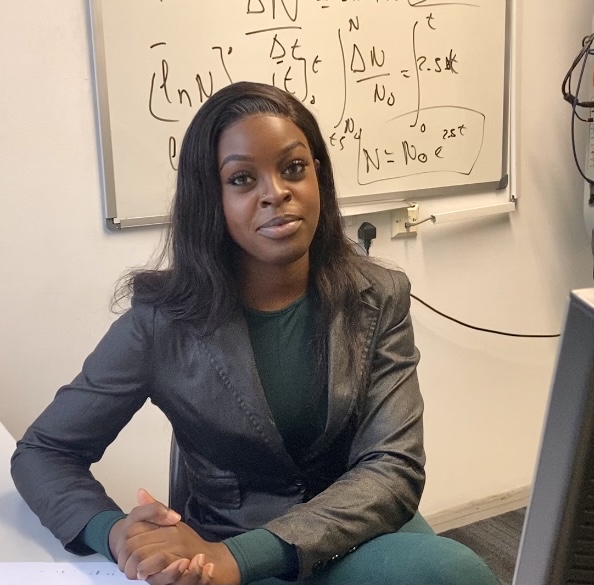Engineering students at St Joseph’s College, in Croydon, have been designing and manufacturing thousands of life saving components for the NHS, since lockdown.
While many students are sitting at home, watching Netflix, the senior boys at London’s oldest Catholic College have been working in shifts, 24 hours a day, from home, on meeting the demand for Personal Protective Equipment required by front line medical staff.
It all started with an email for help, from the University of East Anglia which contacted the College’s Engineering Teacher, Pete Wood, asking if St Joseph’s College had any 3D Printing equipment.
The College has two 3D rapid prototype printers which manufacture components, using thin layers of melted filament which fuse together. “It is rather like squeezing toothpaste onto your toothbrush,” says Mr Wood. “That gives you one layer. You then add another layer on top of the first, and keep building it up to any height you want. The plastic is so hot that each layer bonds to the next, producing an incredibly strong object.”
The College is producing components for two essential items: a respirator and ventilator, using forced air; a full face medical visor. The respirator is in high demand, as it seals the face completely – preventing medical staff and from contracting Covid-19. The full face visor protects paramedics and NHS staff who are assessing patients, suspected of having Coronavirus, by preventing droplets and moisture contacting the skin.
Isinnova, a small Engineering firm in Italy, where the pandemic has devastated the population, came up with the idea of adapting a full-face scuba mask, from French Sports Retailer Decathalon. These masks cost just £24.99. By replacing the snorkel with a 3D printed valve, costing just £2, the cut-price respirator is just as effective and, more importantly, readily available than the device sold by Medical Suppliers and which often retail for many hundreds of pounds and are in short supply.
The college students were emailed working drawings of the respirator part, called a Charlotte valve, by College Lecturer Kofi Damptey. Within hours, they used Computer Aided Design (CAD) software which turned the blueprint into a 3D model. The students, working from bedrooms and kitchens at home, used social media Apps, such as WhatsApp and Facetime, to communicate with each other. In under two hours these young Engineers identified areas of the valve that could be strengthened and improved. They emailed their 3D design models to the University and were given approval to put their modified valves into production.
“We can produce 7 Charlotte Valves at one go,” says 18 year old Yatana Tensue. Each print run takes just over 3 hours. “By running the machine 24 hours a day, we can produce just over 50 valves a day. We are on target to make 1000 within 3 weeks.” Nygel Quarcoompe is the Project Quartermaster, responsible for online ordering of the PLA filament, ensuring that the 3D printers can run without stopping and meet the deadline. “It has taught me how to run a business. I hope to have my own manufacturing company, one day, and this has given me valuable experience while also helping my community.”
Meanwhile, the slightly younger Engineering students are also playing their part in this rapid production contract. They are building the adjustable headbands, for full face visors. “There are a lot of existing designs, for these visors, on the internet. We chose the one which we would 3D print the fastest, and made some subtle changes which would make it easier for us to package them,” says 17 year old Kassim Ibrahim. Again, their target is to make 1000 of these items in the next three weeks.
The students take extraordinary measures to ensure that the manufactured parts are safe, tested and thoroughly cleaned before dispatching them to the University, which acts as a central hub for distribution. The person responsible for this is Saif Hanif. “I’ve turned my bathroom into a mini cleansing station. I wash the parts in the sink and rinse them in the bath. The whole house smells of disinfectant but, in these trying days, no one in my family complains.”
All the students take it in turns to sleep and work. In their ‘rest time’ these young men are still expected to complete their school assignments and help around the house. All of the 45 students are justly proud of their small part in fighting the Covid-19 pandemic. So is their Head Teacher, David Garrido, who says “There is nothing more important than society pulling together at this time. I’m delighted that our students are thinking of others at this time. Their contribution will save lives.”

